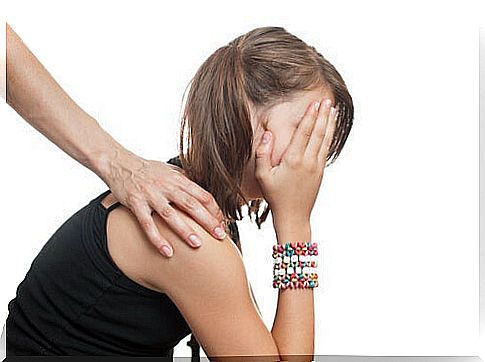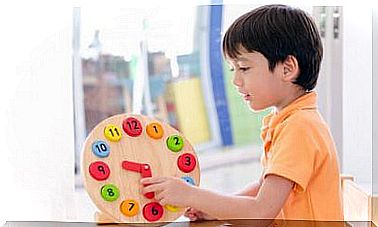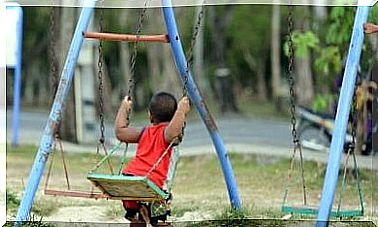10 Self-Esteem Problems In Teens – I’m A Mom

A wide variety of physical and psychological changes occur in one of the most dreaded phases for parents: adolescence. These changes are often accompanied by situations that we need to know how to handle very well. One of the most delicate issues to address is self-esteem issues in teenagers.
In this period of life, self-esteem plays an important role. Adolescence is the phase in which self-identity takes shape. The evaluation that the young person has of himself will largely determine his relationships and his way of facing life.
Self-esteem problems in teenagers are generally related to poor self-perception. Feeling good about yourself is a basic human experience. If this does not happen in adolescence, a large number of situations arise that make it even more difficult to go through this phase of life.
Self-esteem issues in teenagers
- Difficulty maintaining relationships with others. Not accepting themselves and giving themselves little value makes it more difficult for the young person to maintain healthy relationships with others.
- Depression. Young people with low self-esteem are more likely to develop depression. They do not accept themselves and therefore think that others will not accept them as they are.
- School problems. Low school performance is sometimes caused by teenagers’ self-esteem problems. Believing that you are not capable of learning becomes an obstacle to learning.
- Difficulty in exposing feelings. Because you feel less than others, there is the idea that anything you feel, no matter how important or serious, will not be in the interest of the people you live with.

- Eating disorders. Wanting to please in order to be accepted by others leads teenagers to want to have an image they think is ideal. Anorexia is a serious consequence that this obsession with having a certain type of image can create.
- Low motivation. Teenagers with self-esteem issues are apathetic and uninterested in getting things done. They don’t try out of constant fear of not living up to others’ expectations.
- Abuse. Many teenagers with low self-esteem can be victims of abuse and mistreatment. They allow themselves to be abused or are unable to firmly oppose abuse for fear of exposing their position and fear of rejection.
- Transgressions. Because they want to feel accepted in the group, teenagers can carry out violent or illegal actions, even if they know that what they are doing is not right.
- Dependency. A teenager with a poor self-image will struggle to become independent. This is because he is convinced that he cannot achieve anything without the help of others.
- No plans for the future. Young people do not believe in their abilities and, therefore, do not think about future scenarios of personal fulfillment. Its main ugly is the fear of failure.
Triggers of self-esteem problems in adolescents
In the family, at school and in the media, one can find the main triggers of self-esteem problems in adolescents.
A very critical family environment can be a factor that will negatively affect a young person’s self-esteem. The ideal is a family environment in which the teenager feels understood and accepted. A medium that provides affection can have a positive impact on building good self-esteem.

At school, bullying is one of the main causes of low self-esteem. Being a constant object of jokes and criticism from peers has a negative effect on teenagers, especially on the most sensitive.
Likewise, the false images of perfection that the media convey have a bad effect on young people. Wanting to imitate idols and not succeeding is a reason for low self-esteem in many teenagers.
The family should be the main point of support to help a teenager with self-esteem problems. Permanent communication and monitoring are fundamental pillars of the help that the family environment can offer to adolescents. Reinforcing qualities, highlighting achievements, understanding changes and inspiring confidence are very important actions in this phase.
When the family cannot help the young person to overcome self-esteem problems, the ideal is to seek professional help.








